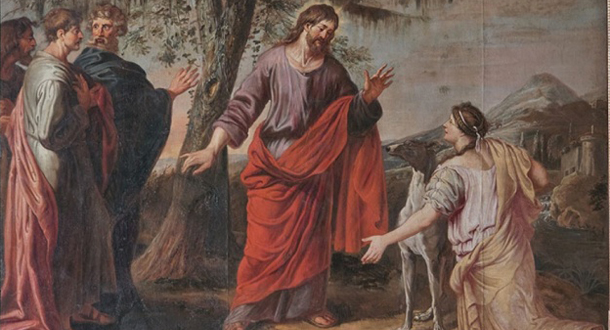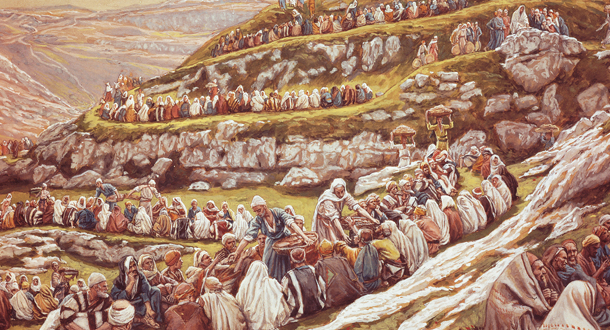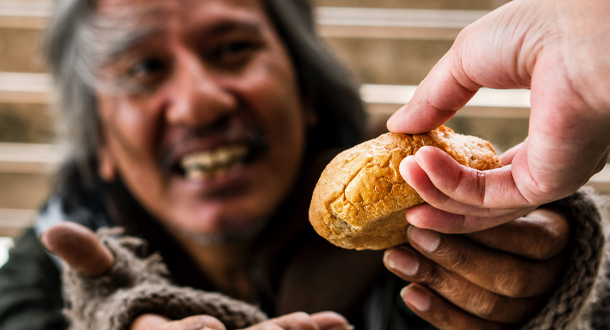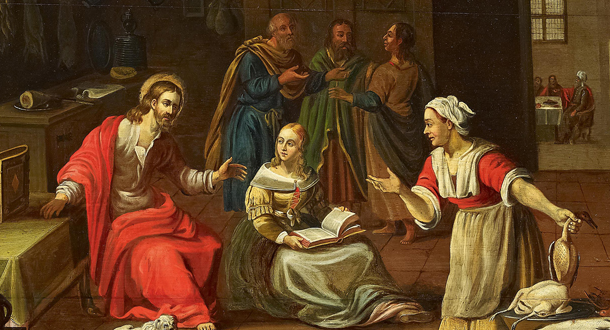
Scripture:
Numbers 13: 1-2, 25-14:1, 26-29, 34-35
Matthew 15:21-28
Reflection:
Great Faith, Reconciling Love
In today’s Gospel, Jesus encounters a Canaanite woman who wanted help for her afflicted daughter. This woman had faith to come and beg Jesus for help — while Jesus’ disciples urged Him to send the woman away! Jesus’ first words to the woman seemed to be a put-down, yet they likely represented the feelings of contemporary Jews towards the Canaanites. Jesus’ ultimate response was one of love… “Woman, great is your faith!…”: He granted her request, and cured her daughter.
The woman in this story stands for anyone who is disliked or despised. Jesus constantly preached that love is all-inclusive: for those dearest to us, as well as our enemies and persecutors. Jesus set the perfect example of love: a love that forgives, encourages, welcomes, and gives life.
Today we celebrate the life of the 19th century saint, St. John Mary Vianney. He was especially known for his gracious and generous ministry of the Sacrament of Reconciliation at his parish in Ars, France — regularly spending long hours sharing God’s love through the Sacrament with thousands of penitents who traveled great distances for a few graced moments with him. His loving ministry flowed from an intense spiritual life based on prayer and mortification. St. John Mary Vianney truly witnessed his faith in Jesus which enabled him to love and serve all God’s people. In 2009, Pope Benedict XVI named him worldwide patron of priests and parish ministers.
Jesus and St. John Mary Vianney challenge us today: How do we welcome the stranger? Or offer forgiveness? Are we prejudiced? What about our “enemies”? Do we really listen to those who come our way? Do we zealously and tirelessly give of ourselves in service to our sisters and brothers? With God’s grace, today is a welcome boost to our spiritual lives.
And, as a Passionist Vocation Director, I invite you to pray for priests, parish ministers, and religious – active, retired, deceased – and for those discerning a priestly or religious vocation. Jesus and St. John Vianney encourage us all to a deeper faith and a greater love!
Fr. John Schork, C.P. is the Vocation Director for Holy Cross Province. He lives at St. Vincent Strambi Community in Chicago, Illinois.







